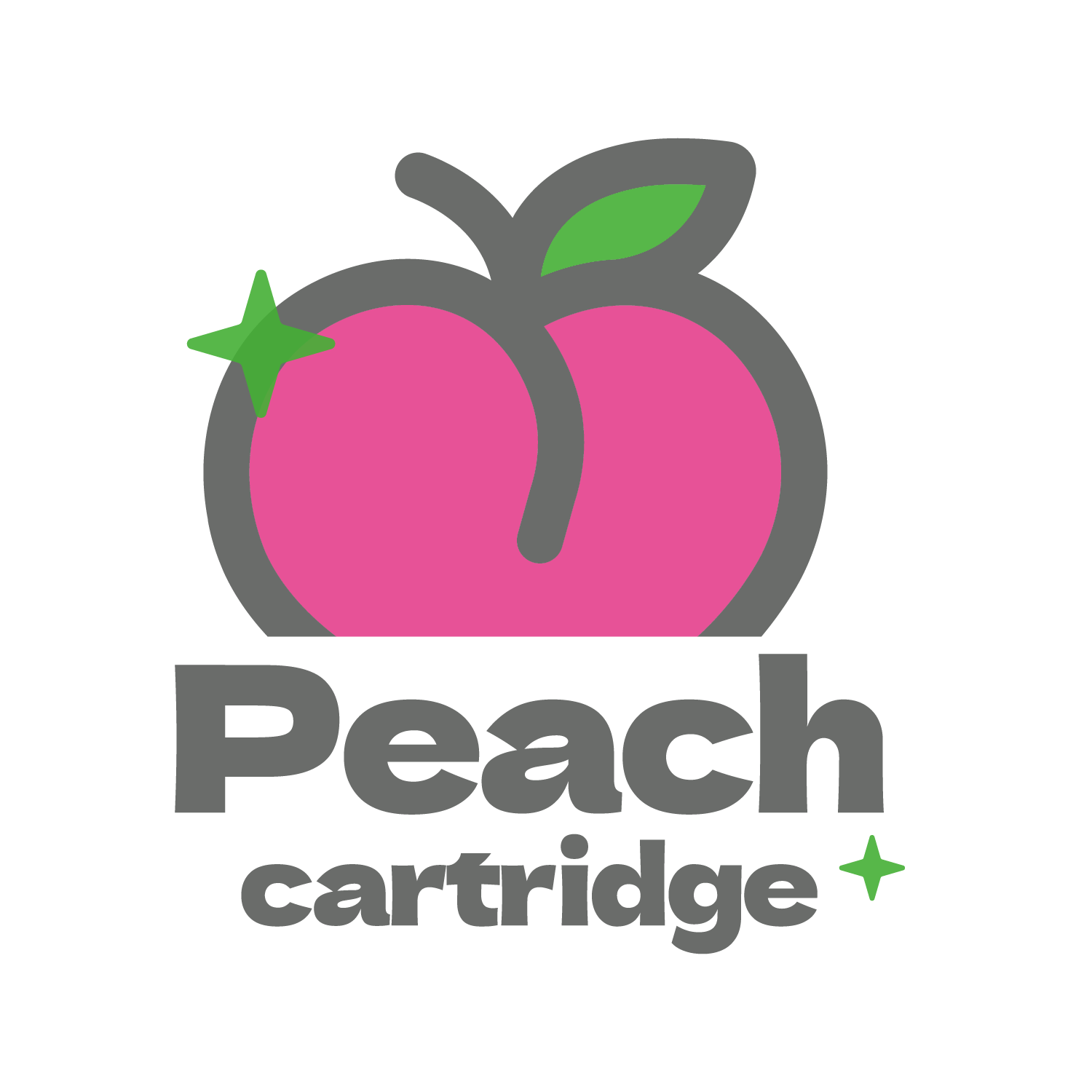Tattoo machines are vital tools for artists, allowing them to create intricate designs quickly and accurately. These machines pierce the skin and inject ink, resulting in permanent body art. Advancements in technology have led to machines with diverse features, catering to different tattoo styles and techniques.
A:Critical Considerations: Choosing the Right Tattoo Machine for Optimal Comfort and Quality
Choosing the right tattoo machine is vital for client comfort and quality. Types include coil, rotary, and pen-style machines, each with unique benefits. Rotary machines are known for smooth and quiet operation. Understanding these features helps artists select the best equipment for their style, ensuring optimal outcomes for artwork and clients.

II: Key Takeaways
- Tattoo machines are critical for the art of tattooing, enabling artists to create detailed work.
- The type of tattoo machine used can significantly impact the tattooing process.
- Proper knowledge and selection of tattoo machines enhance the overall quality of tattoos.
III: History of Tattoo Machines
The development of the tattoo machine changed the art of tattooing, introducing new levels of precision and efficiency. With its origins tracing back to the late 19th century, this tool has gone through various modifications, shaping the tattoo industry into what it is today.
A:Invention and Evolution
Thomas Alva Edison created the electric pen, which was used for duplicating documents. Samuel O’Reilly then used Edison’s invention as inspiration to develop the first patented tattoo machine in 1891. This innovation completely transformed the tattooing process. Over time, tattoo machines have evolved with various advancements, resulting in different types such as rotary and coil machines.
B:Tattoo Machine Types:
- Rotary: Utilizes an electric motor to move the needles
- Coil: Relies on electromagnetic coils to drive the needles
The designs and mechanics have seen numerous changes over the years, transitioning from O’Reilly’s early adaptation to more refined and specialized machines that serve different styles and techniques in tattooing.
Learn more about the transformative design by Kohrs in 1978 that led to a lighter, quieter, and more portable rotary tattoo machine.
C:Influential Tattoo Artists and Machines
Many tattoo artists have played significant roles in the history and improvement of tattoo machines. O’Reilly’s machine was functionally similar to the later design by Kohrs, and each artist since has left their mark on the industry. As tattooing gained popularity, the demand for improved tools drove innovation, with artists often at the forefront of these developments.
D:Influential Figures in Tattoo Machine History:
- Samuel O’Reilly: Adapted Edison’s electric pen into the first patented tattoo machine
- Thomas Edison: Created the electric pen, an inadvertent precursor to the tattoo machine
- Percy Waters: Another key figure contributing to machine design improvements
Every new invention built upon past designs, leading to an array of machines tailored for different tattooing styles and artist preferences.
Discover more about how inventors and artists such as Percy Waters have influenced the tattooing industry.
IV:Types of Tattoo Machines
Professionals in the tattoo industry utilize a variety of machines, each designed for specific techniques and results. The selection of the machine type often depends on the artist’s skill level and the complexity of the work being undertaken.
A:Coil Tattoo Machines
Coil tattoo machines are known for their traditional design and are commonly used by professionals. They operate using electromagnetic coils to move the needle. Artists often prefer them for their precision and the ability to create detailed line work and shading. Coil machines are typically divided into configurations based on the number of coils, with 8-coil, 10-coil, or 12-coil being the most prevalent.
B:Rotary Tattoo Machines
The rotary tattoo machines utilize an electric motor to drive the needle in a smooth, fluid manner. They are appreciated for their quiet operation and minimal vibration. Rotary machines are considered user-friendly and are often recommended for beginners due to their ease of setup and maintenance.
C:Pneumatic Tattoo Machines
Pneumatic tattoo machines are a modern innovation that uses compressed air to power the needle. These machines are lightweight and extremely easy to clean, as they can be completely autoclaved. Pneumatic options provide artists with a high level of control and are known for their versatility.
Frequently Asked Questions
The best tattoo machine is subjective to the artist’s style and needs; however, many professionals recommend rotary or pen machines for their versatility and ease of use. Rotary machines provide artists with a gentle and efficient tool for a variety of tattoo styles.
Tattoo artists commonly use either coil tattoo machines for their characteristic give and responsiveness or rotary tattoo machines for their smooth operation and low maintenance.
Prices vary widely based on quality and brand, but a reliable tattoo machine can cost anywhere from $50 for beginner models to over $600 for top-shelf professional equipment.
The two most common machines used in tattooing are coil machines for their power and ability to create dynamic line work and shading; and rotary machines loved for their quiet operation and all-around functionality.
A complete tattoo machine kit typically costs between $100 to $500, with kits for beginners on the lower end of the spectrum, offering the basics to get started.
When purchasing a tattoo gun kit, one should look for quality of the machines included, variety and quantity of needles, reliability of the power supply, and overall value in terms of additional accessories like inks and practice skins.



